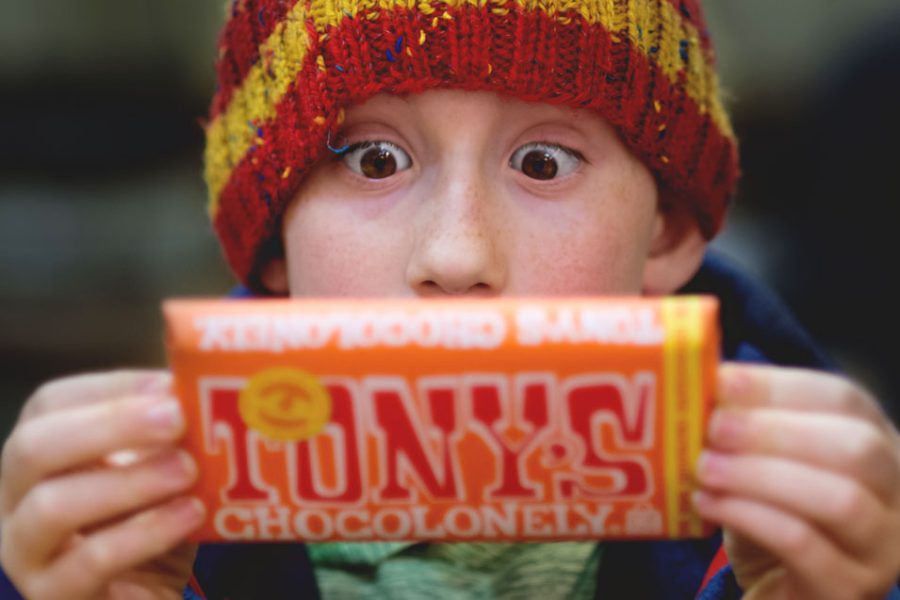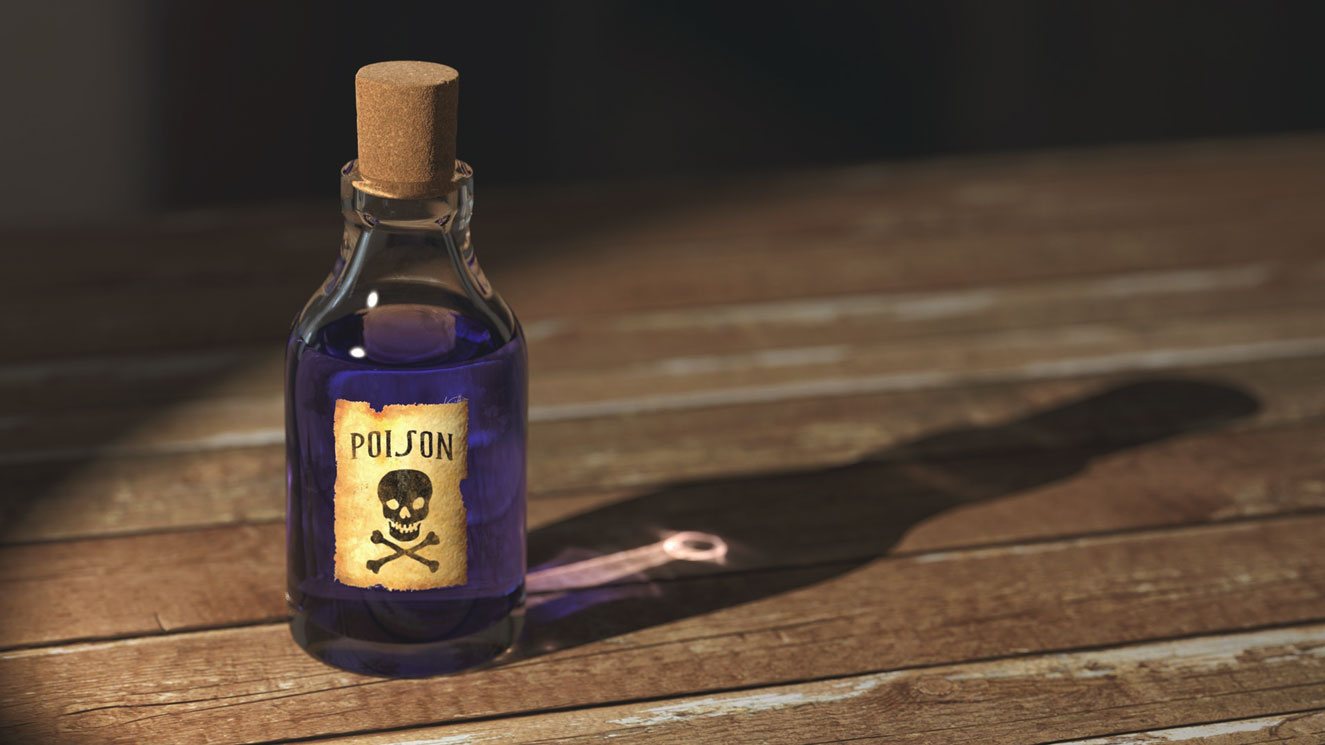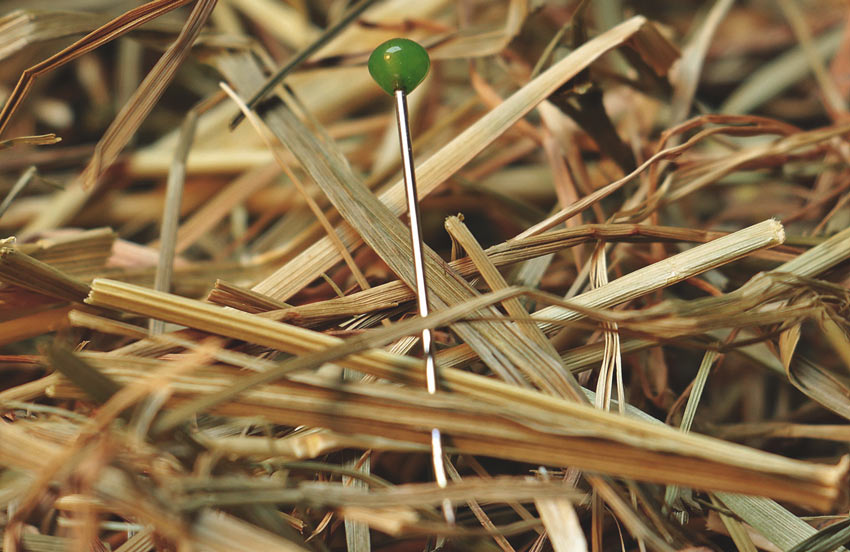Should I Be Worried About My Child’s Halloween Candy?
While children look at their haul of candy at the end of Halloween with glee, many parents look at the sweets with fear. Beyond cavities, many parents have heard horror stories of children receiving everything from needles to razors to cyanide-laced treats after a night of trick-or-treating. But is there any truth to these stories? […]

October 16, 2017

While children look at their haul of candy at the end of Halloween with glee, many parents look at the sweets with fear. Beyond cavities, many parents have heard horror stories of children receiving everything from needles to razors to cyanide-laced treats after a night of trick-or-treating.
But is there any truth to these stories? Just how dangerous could your child’s Halloween candy be?
Poison: Practically a Myth

Poison is perhaps the scariest possibility when it comes to Halloween candy. Completely invisible, poison could quickly go to work on a child who consumed it without a parent knowing what had happened.
However, there has never been a child poisoned by Halloween candy by a random stranger. In all the years Halloween has been celebrated, that makes poisoning practically a myth.
There has been one case of a child being poisoned on Halloween in 1974, but it was by his own father. According to Mental Floss, Ronald Clark O’Bryan laced his own children’s Halloween candy with cyanide in an attempt to collect high life insurance policies on his children. His son, Timothy, died, but his daughter, Elizabeth, didn’t eat the candy and survived.
People have tried to blame their crimes on poisoned Halloween candy, but not successfully. In 1970, a five-year-old passed away when he mistakenly found and consumed his uncle’s stash of heroin. His family then put the drug on the child’s Halloween candy afterward in an attempt to mislead the police.
Razors and Needles: Real, But Rare

Although there have been reported cases of razors and needles in Halloween candy, they are incredibly rare. Most have been hoaxes.
According to Snopes, Professor Joel Best attempted to track cases of sharp objects placed in Halloween candy. He found only about 80 reports from 1959 until now, and most of them were hoaxes. Around 10 resulted in a minor injury, and the worst case involved a woman getting a few stitches.
10 mild injuries in nearly six decades is about as safe as it gets. It’s also worth noting that there’s a big difference between poisoned Halloween candy and razors and needles embedded in Halloween candy. Poisoned candy clearly shows an attempt to kill. Razors, on the other hand, are fairly easily seen in candy, and needles may injure, but they’ve yet to cause a serious injury in documented trick-or-treat history. Also, most of these cases were thoughtless “pranks” by relatives with a somewhat warped sense of humor.
It’s still worth it to look through your children’s candy if it gives you piece of mind, but remember that razors and needles in candy statistically only mildly injure fewer than 2 children a decade.
No one ever blatantly attempted to hurt multiple children with needles until 2000, when James Joseph Smith gave several trick-or-treaters needle-laced Snickers bars. However, only one teenager was pricked by a needle, and he didn’t even have to receive medical attention for his injury.
The Real Threat: Recalled Candy

Parents will rarely find poison or sharp objects in their children’s Halloween candy. However, the real danger may be the candy itself.
In 2010, Nestle recalled 25,000 of its Nestle Raisinets Fun-size 10 ounce bags due to accidental contamination with peanuts. Safe for most trick-or-treaters, the Raisinets would pose a threat to anyone with a peanut allergy.
The same year, Colombina USA recalled 90,000 bags of Mega Pops lollipops when they discovered the lollipops contained traces of tiny particles thought to be stainless steel. Although Colombina didn’t believe its product posed a health risk, it recalled the candy just to be on the safe side.
If your child is given recalled candy and falls ill because of it, you may be entitled to compensation.
Help from an Indiana Personal Injury Attorney
If your child falls ill or is injured on Halloween due to the negligence of someone else, Hensley Legal Group may be able to help. Call us today or contact us online for a free consultation.